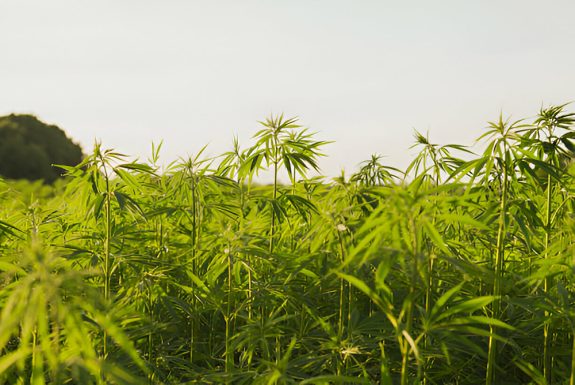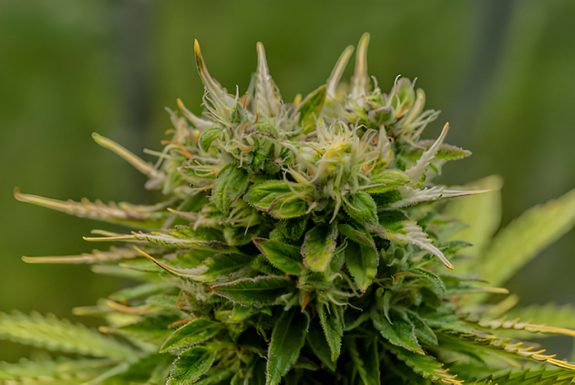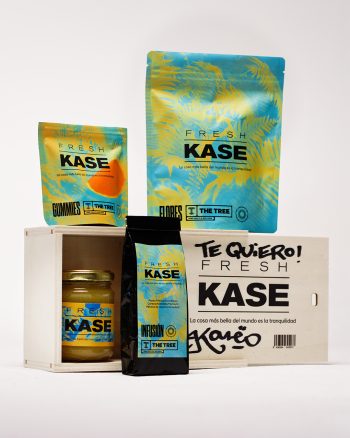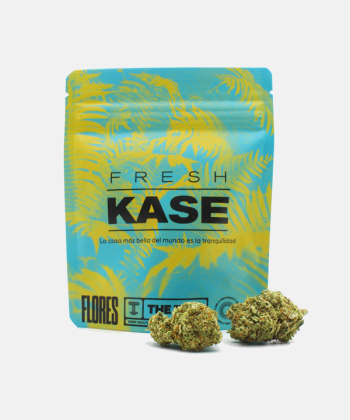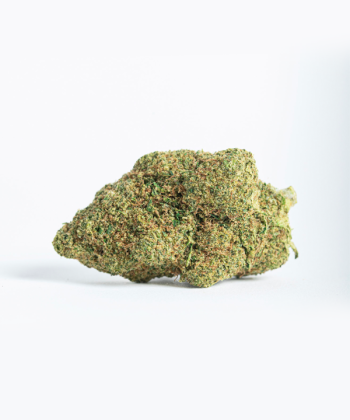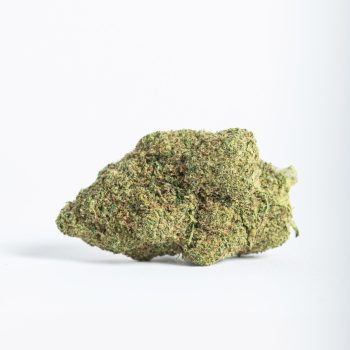Many people interested in CBD ask this question, but the truth is that it doesn’t: CBD doesn’t get you high, nor does it cause any kind of altered perception. Many people think that it might produce intoxicating effects because it comes from cannabis, but the truth is that this substance is not derived from marijuana, but from hemp, a non-psychotropic type of cannabis plant used by mankind since time immemorial.
CBD is a natural compound found in the cannabis plant, but unlike THC (tetrahydrocannabinol), it does not produce the psychotropic effects commonly associated with marijuana.
In this article, we will explore CBD and its effects in depth, as well as its main differences from THC, which is the main active compound in cannabis and a substance that alters perception. Although both are cannabinoids, they are very different compounds, the specifics of which are discussed below.
What are cannabinoids?

Most cannabinoids are produced in low quantities, with the exception of CBD and THC, which are the most abundant. However, while CBD is produced by the hemp plant, which is a type of cannabis without intoxicating effects, THC is produced by the marijuana plant¹, whose effects are well known. These two compounds have very different effects on the human body.
THC is known to be the main psychotropic compound in marijuana, i.e. it is responsible for the euphoric effects associated with its use. CBD, on the other hand, does not produce such effects and does not induce a feeling of intoxication.
It is important to note that CBD and THC are only two of the cannabinoids present in cannabis. Other lesser-known cannabinoids, such as cannabigerol (CBG), cannabinol (CBN) and cannabivarin (CBV), may also have interesting properties and potential effects on the human body.
CBD’s mechanism of action in the human body
CBD interacts with the human body’s endocannabinoid system, a complex system that plays a key role in the regulation of various physiological functions. The endocannabinoid system is composed of cannabinoid receptors and endocannabinoids, which are chemicals naturally produced by our bodies.
When consumed, CBD can influence cannabinoid receptors throughout the body in much the same way as endogenous cannabinoids.
Although numerous studies have been conducted on CBD’s mechanism of action, there is still much to be discovered and fully understood. The complexity of CBD’s interaction with the human body is an active area of research and more studies are needed to get a complete picture of how CBD exerts its effects, as it has enormous potential.
If CBD doesn’t get you high, why is it so in fashion?
CBD has gained popularity in recent years for a number of reasons, despite not having psychotropic effects. Here are some key reasons why CBD has become so popular:
- It has multiple properties: CBD has been studied for its potential in a wide range of conditions such as sleep disorders², inflammation³, etc. Although research is still ongoing, several studies have sparked interest in the use of CBD as a natural option for wellness and symptom relief.
- Changes in legislation: In many countries and regions, there have been changes in legislation that have allowed the production and marketing of CBD products. These changes have facilitated access to these CBD products and have led to an increase in their availability on the market.
- Increased awareness and reduced stigma: As more information about CBD and its properties has become more widespread, there has been a reduction in the stigma associated with cannabis in general. This has led to greater acceptance and curiosity on behalf of people seeking natural alternatives for their wellbeing.
- Influence of the media and social networks: The media and social networks have played an important role in the popularisation of CBD. Testimonials and recommendations from influencers or celebrities have amplified the visibility of CBD and generated interest and curiosity among a wider audience.
While CBD does not have psychotropic effects, its popularity is due to its properties, as well as its focus on holistic wellness and changes in legislation, among other factors.
However, it is important to remember that CBD products are not intended to diagnose, cure or treat any disease. It is always recommended to consult with a medical specialist on a case-by-case basis and follow their recommendations.
References
- Van Bakel, H., Stout, J. M., Cote, A. G., Tallon, C. M., Sharpe, A. G., Hughes, T. R., & Page, J. E. (2011). The draft genome and transcriptome of Cannabis sativa. Genome biology, 12(10), 1.
- Lodzki, M., Godin, B., Rakou, L., Mechoulam, R., Gallily, R., & Touitou, E. (2003). Cannabidiol-transdermal delivery and anti-inflammatory effect in a murine model. Journal of controlled release, 93(3), 377-387.

